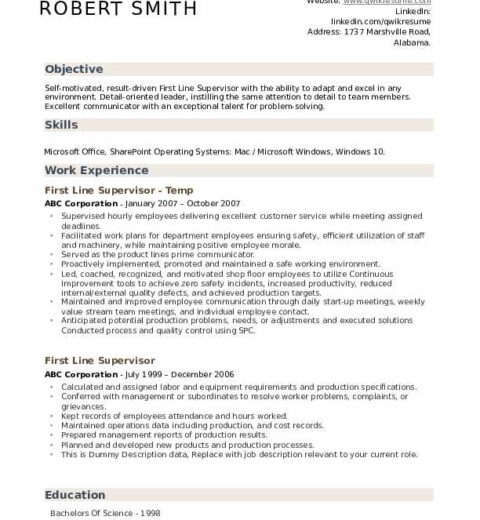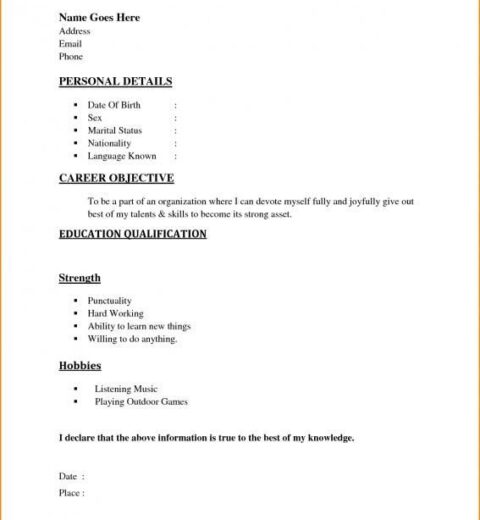In today’s competitive job market, candidates often seek an edge that differentiates them from countless others vying for the same position. One often-overlooked element that can substantially strengthen a resume is volunteer work. While some may view volunteering as a mere extracurricular activity, a strategic approach to incorporating this experience can yield significant dividends. This article delves into the nuances of highlighting volunteer work effectively, thereby promising a paradigm shift in how prospective employers perceive your candidacy.
Understanding the Value of Volunteer Work
At its core, volunteer work transcends the act of giving back; it signifies commitment, initiative, and a plethora of soft skills that are highly sought after in professional settings. Engaging in unpaid projects often cultivates attributes such as leadership, teamwork, and problem-solving abilities. This is particularly pivotal in roles where collaboration and interpersonal dexterity are paramount. The question then arises: how does one encapsulate these qualities within the confines of a resume?
Aligning Volunteer Experience with Job Description
First and foremost, it is imperative to tailor the presentation of volunteer experiences to correlate directly with the job description. A one-size-fits-all approach is counterproductive. Instead, analyze the job listing to identify keywords and competencies that resonate with your volunteer work. For instance, if the position emphasizes project management, detailing your role in organizing a charitable event showcases relevant skills. Draw parallels between your volunteer activities and the requirements of the role, effectively demonstrating that you possess the requisite experience.
Using Action Verbs and Quantifiable Outcomes
When articulating your volunteer experiences, employing robust action verbs such as “coordinated,” “developed,” and “led” can impart a sense of dynamism and proactivity. The potency of these terms lies in their ability to paint a vivid picture of your contributions. However, action alone is insufficient; underpinning your roles with quantifiable outcomes can greatly enhance their impact. For instance, stating that you “coordinated a fundraising event that raised $15,000 for local shelters” substantiates your narrative with concrete evidence of effectiveness. This not only lends credibility to your claims but also encapsulates your ability to drive results.
Structuring the Resume
Deciding the placement of volunteer work is another critical component of resume strategizing. One common practice is to create a dedicated section titled “Volunteer Experience” or “Community Involvement.” This section can be situated before or after professional experience, depending on its prominence to the application. If your volunteer work is particularly relevant to the job, positioning it near the top can capture the employer’s attention early on. Conversely, if your professional experiences are more robust, placing it following that section can still highlight its significance without overshadowing your formal roles.
Contextualizing Your Volunteer Roles
It is essential not merely to list volunteer experiences but also to provide context. In addition to job titles and organizations, include a brief description of the organization’s mission and the scope of your involvement. This presents a fuller picture, illuminating not just what you did, but why it matters. For instance, if you volunteered with an environmental conservation group, briefly mentioning its goals can showcase alignment with personal values and underscore your commitment to global issues. This contextualization invites employers to appreciate the depth of your engagement beyond mere acts of service.
Highlighting Transferable Skills
Transitioning from volunteer experiences to professional competencies is a nuanced process but essential for coherent storytelling. Focus on the transferable skills acquired during your volunteer work, which can be instrumental in the professional realm. For instance, experience in volunteer leadership roles often hones communication, time management, and conflict resolution skills, all of which are valuable in any occupational setting. By explicitly mentioning these skills and how they pertain to the job at hand, you avert any potential skepticism surrounding your volunteer work.
Utilizing References and Endorsements
When applicable, references or endorsements from supervisors or colleagues in the volunteer sector can bolster your application. These testimonials serve as third-party validation of your commitments and work ethic. Including quotes or brief mention of a recommendation can strengthen your case and provide an additional layer of authenticity to your narrative. Ensure these references are credible and relevant, as their impact can significantly amplify your appeal to potential employers.
Keeping It Concise Yet Impactful
While the details are crucial, brevity remains equally important. Employers often sift through numerous resumes, making it imperative that your content is succinct yet impactful. Aim for clarity in language and precision in listing your experiences, all while maintaining a professional tone. Avoid excessive jargon and focus on clear communication to ensure that your message resonates with diverse audiences.
Final Reflections: Making It Work for You
Incorporating volunteer work into your resume is not merely an optional embellishment; it is a strategic maneuver that can redefine your professional narrative. By positioning your volunteer experiences as core components of your qualifications, aligning them with job descriptions, and articulating them clearly, you can command attention in a crowded job market. This perspective shift allows individuals to recognize their full potential and the impressive skills garnered through altruistic endeavors. Adopting this strategic approach will undoubtedly open doors and amplify your employability in today’s fast-paced job landscape.




